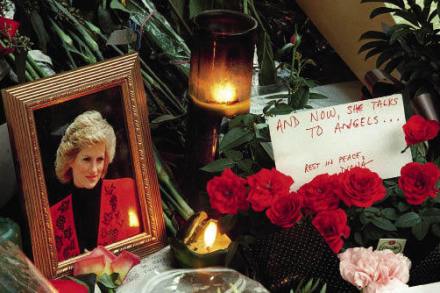Prophetic times
The subject here is colossal, covering a substantial stretch of the later Roman empire, the last years of the Persian empire, the conversion of the Arabs, the spread of Christianity and what happened to Judaism. The time span runs, effectively, from the death of Jesus to the moment in the eighth century when the Abbasids acquired through violence the vast empire of the Umayyads, stretching from the Loire to the Hindu Kush, and founded Baghdad. The title of Tom Holland’s book is rather studiously general, but his central topic is unmistakable: the founding and establishment of Islam and its political and martial setting. If Holland didn’t want to make a
















